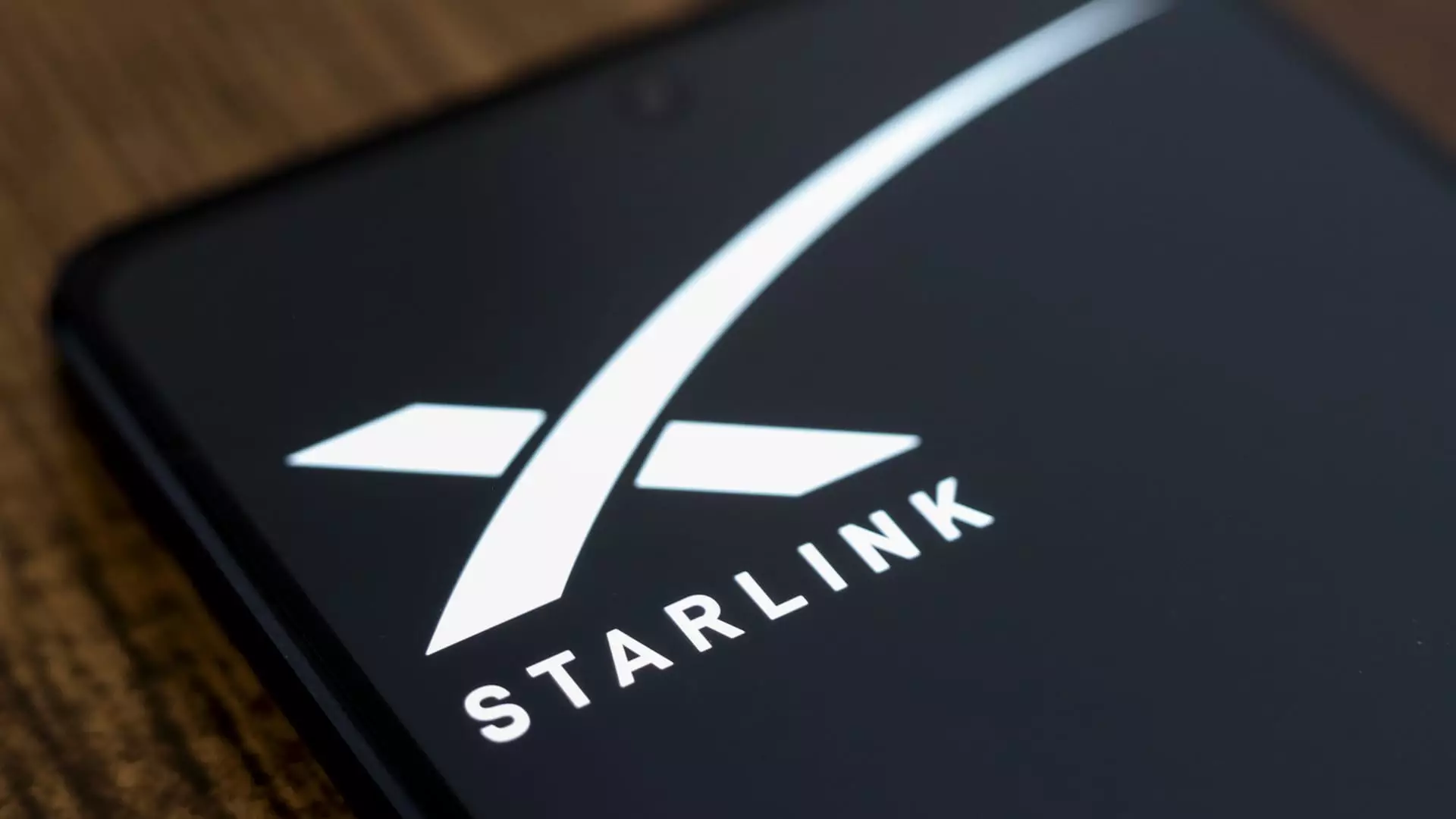Starlink, the satellite internet service owned by SpaceX, has recently found itself amidst controversy in Brazil due to its connection with the social network X. This relationship has led to legal battles and public clashes between Elon Musk, the owner of both companies, and Brazilian authorities. The situation raises questions about freedom of speech, government control, and the power dynamics between tech giants and regulatory bodies.
The conflict began when X refused to comply with court orders in Brazil to suspend accounts that were posting content aimed at harming democratic institutions ahead of municipal elections. This defiance led to the blocking of X in the country and the freezing of Starlink’s financial assets as a way to ensure compliance with the penalties imposed on the social network. The situation escalated further when X failed to appoint a legal representative in Brazil, as required by federal regulations.
Brazil’s supreme court viewed Musk’s two companies, Starlink and X, as working together to defy the court’s orders and challenge its authority. This perception led to tensions between Musk and Brazilian authorities, with Musk openly criticizing Justice Alexandre De Moraes and calling for his impeachment. The clash between Musk and the Brazilian government has been escalating for months, culminating in threats of reciprocal seizures of assets and accusations of dictatorship.
The situation in Brazil raises concerns about the balance between freedom of speech and government control over online content. Critics of Justice De Moraes argue that his actions amount to censorship and an overreach of authority, while supporters see them as necessary measures to protect democratic institutions. Musk’s vocal opposition to the court’s orders highlights the complex relationship between tech companies, regulatory bodies, and political figures.
The controversy surrounding Starlink, X, and Brazil has caught the attention of international media and political observers. President Lula’s statement about not tolerating Musk’s influence due to his wealth reflects broader concerns about the power and influence of tech billionaires in global affairs. The situation serves as a reminder of the complexities of regulating online platforms and the challenges of balancing free speech with government oversight.
The ongoing conflict between Starlink, X, and the Brazilian government underscores the challenges of navigating the intersection of technology, politics, and regulation. The takedown of X in Brazil and the subsequent legal battles highlight the need for clearer guidelines and regulations regarding online content and the responsibilities of tech companies. The outcome of this dispute will have implications not only for the parties involved but also for the broader debate about freedom of speech and government control in the digital age.


Leave a Reply